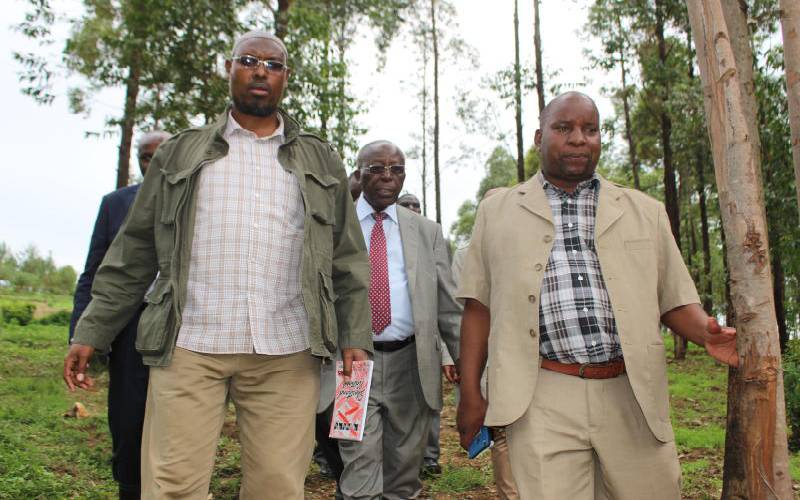×
The Standard e-Paper
Fearless, Trusted News

Taita-Taveta Senator Jones Mwaruma has opposed a section of the proposed Land Value Index Laws (Amendment) Bill, 2018 seeking to extend the compensation period to two years.
The Bill currently in the National Assembly proposes to amend the Land Act, the Land Registration Act and the Prevention, Protection and Assistance to Internally Displaced Persons and Affected Communities Act to provide for the assessment of land value index in respect of compulsory acquisition.